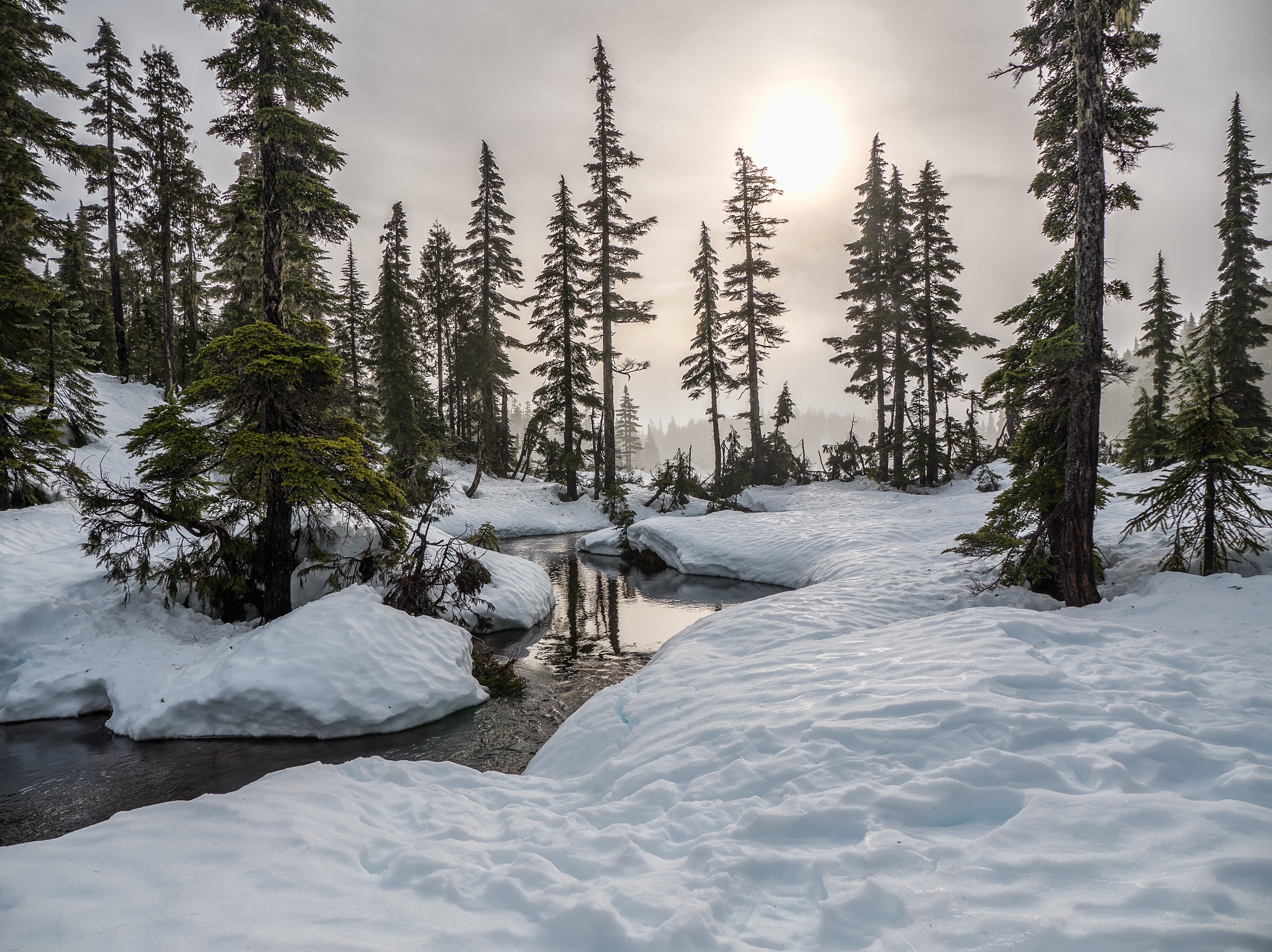Come rain or shine, I’ve climbed Kiowa Peak twice a week for the past year. It’s a commitment born of my need for aloneness, to be exclusively in the company of self. The cumulative years demand a time of solace, a time to visit with my age, a time to compose the final sentiment before crossing.
The cold November day rests heavy and quiet beyond the Peak to the barren mesquite and scrub-brush sweep below, on eastward to the Salt Fork breaks. I wish I had a bigger coat. The chill runs bone-deep. Scanning the landscape I am suddenly startled. Focusing for an instant, the hard-scrabble land comes alive. I see him with other men walking a narrow path over by the broke-back shacks of the old abandoned oil camp. Shaken, I press back and breathe deeply, trying to gather myself.
It is my father who passed with cancer in 1982, and is now alive. My breath becomes ragged. I quickly break free and for a moment lose sense of time and place. I recognize Dad’s dark canvas coat and his brown corduroy cap with ear flaps.The men are talking, but I can’t hear their words. I recognize most of them: there’s Whitey Homes, the gang-pusher, and Cecil Green, a pumper whom I often see hunkered on his front steps in the old oil camp, and I believe I see Hubert Ghan, the Texas & Pacific boss. He’s wearing a tie. And there’s Limpy Reid, who walks as though he’s grinding through three forward gears. I spot Luke Penninger who has married and divorced his wife three times. I recognize them all. Each has been dead at least 35 years. I call out to Dad, but he doesn’t respond, doesn’t hear my voice. Ignoring the icy terrain, I jump and yell louder: this time I call out some of the other names. No one hears.
Crazy with age and afraid of the steep, icy climb down, I am yet determined to make my way off the Peak. I move carefully, watching my step and slowing to make sure the men are still there. Keeping my eyes on Dad, I continue to yell and move in their direction, while lurching and slipping on the frozen ground. Growing weak and loose-legged, I stop. Looking across the flat plains toward the Salk Fork, I notice I am no closer to the group. The men are now milling about and talking easily. They soon begin to gather dead mesquite limbs and rotten planks from the old shack piles.
The men group and kneel beside a small fire. A thin smoke ribbon rises and wafts in my direction. While catching the scent of smoke, I watch what appears to be an animated discussion. The men seem to laugh while exchanging hand gestures and nudges. Feeling certain I can now move in closer, I proceed with more caution to cut the distance. I notice each man, one at a time, leaving the fire and disappearing behind the old oil camp rubble. Again, I have failed to advance on the group. I stop when I see Dad is the only man left. Throwing my arms in the air, I yell loud as I can. He stands alone for a moment before kneeling to extinguish the small fire. He then walks away as did the others.
Only now am I able to approach where the group had assembled. Seeing the ashes, I reach down and find the spot cold to the touch and nothing more than gray wood chips and dust. I hesitate and look again and notice a small stick. I look closer and realize it is not a stick. It is the stub of a pencil. Dad always had a pencil stub in his pocket, and how could I forget this little piece of nothing; its hint of color, its trace of lead.
